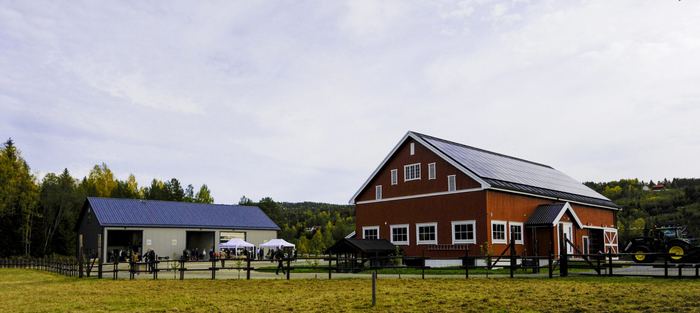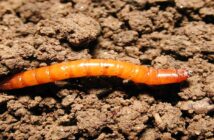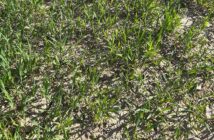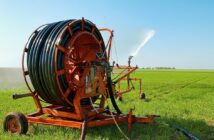N2 Applied, the European agricultural technology business, today announced the results of sustainable fertiliser testing that show practically all ammonia emissions were successfully trapped in converted cow manure when applied to fields.
The company has been working on a trial of its N2 Unit at Holly Green Farm in Buckinghamshire, UK[1]. It is the country’s first large-scale assessment of a breakthrough plasma conversion technology that offers a substantial step forward for the dairy food industry as it pursues net-zero targets. The N2 Unit can eliminate harmful ammonia emissions which reduce air quality, eliminate greenhouse gas emissions from methane, and can enrich the nutrient content of livestock manure.
Plasma-treated fertiliser converted from cow slurry by the N2 Unit was tested for ammonia emissions and nitrogen use efficiency by ADAS, the UK’s largest independent provider of agricultural and environmental consultancy, policy advice and research and development. When applied to winter wheat and monitored over the course of a week the plasma-treated material recorded average ammonia emissions reduction of 90%, compared with untreated slurry.
N2 Applied has run multiple trials and pilot projects across nine countries that have shown practical elimination of methane and ammonia emissions and improved grassland yields, as well as the ability to suppress odours from ammonia leakage, and these most recent UK trials further support those findings.
Using a scientific technique that applies just air and electricity to slurry, the technology within the N2 Unit ‘locks in’ both methane and ammonia to the liquid waste material, producing a sustainable, nitrogen-rich fertiliser. Treated slurry produced on-farm has the potential to reduce the need for chemical fertiliser, and therefore further reduce greenhouse gas emissions.
“These results herald a major step forwards towards net-zero dairy farming in the UK. The Holly Green Farm project has seen regular manure collection from 200 cows, so is our largest UK trial so far, and the results have been extremely encouraging. Such substantial ammonia reduction is a huge breakthrough for improved air quality, while eliminating methane is a big step forward in greenhouse gas suppression. The potential is enormous: if N2 Units were adopted across the UK dairy herd today they could deliver 17 to 21 per cent of the National Farmers’ Union (NFU) reduction target for greenhouse gas emissions.[2],” said Carl Hansson, CEO, N2 Applied.
“Making technology solutions practical and effective for farms of varying sizes is an important ingredient of making food production sustainable. While the ability to cut methane emissions can have a large impact on net zero targets, ammonia harms air quality, and also acidifies soil and water. But by keeping as much ammonia as possible within slurry, we’re able to turn it into nitrogen-rich fertiliser that also means fewer if any chemical fertilisers are needed, saving their carbon cost too,” he said.




